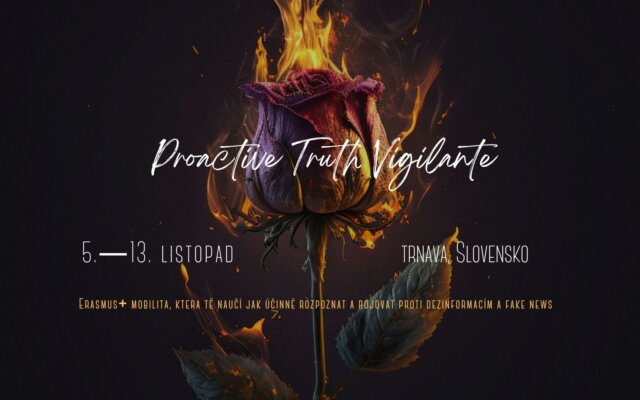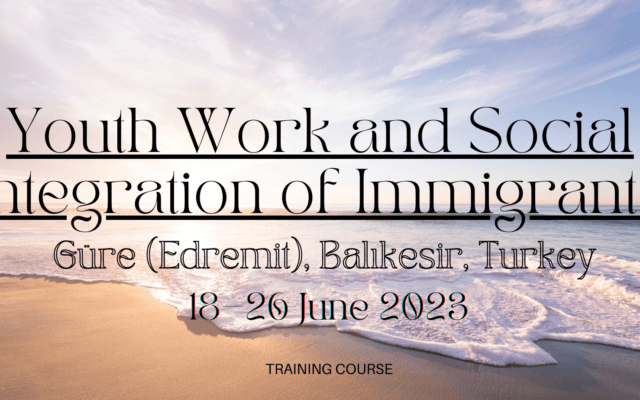Erasmus+ Key Action 1: training course
Dates: 23-31 March 2022
Venue: Riga, Latvia
Please read the project booklet here
Project article:
(un)Employed – mobility of youth workers in Riga
Youth organization BIID organized (un)Employed Erasmus+ mobility of youth workers project that was implemented in Riga between 23-31 March 2022. In many countries, youth unemployment is a pressing issue that presents significant challenges to young people’s wellbeing and future prospects. High levels of youth unemployment can lead to social exclusion, poverty, and a lack of opportunities for personal and professional growth. Effective youth work can play a vital role in mitigating the impact of unemployment by providing guidance, support, and opportunities for young people to acquire skills, gain work experience, and develop resilience. Our project contributed to creating a more prosperous and equitable society for all.
The participating organizations in the training course were from eleven countries, including Austria, Belgium, Czech Republic, Estonia, Romania, Greece, Hungary, Italy, Poland, Bulgaria, and Latvia. Each organization brought unique perspectives, experiences, and expertise to the project, enriching the learning process for all participants. The diversity of the participating organizations and countries enabled participants to gain a broader understanding of non-formal education and youth work in different cultural contexts. The collaboration between the organizations was a vital aspect of the project’s success and contributed to achieving the overall aim of the training course.
The training course was open to individuals who were 18 years or older with no upper age limit. It was specifically aimed at youth workers, youth leaders, social workers, and municipality youth workers who had prior experience working with different European youth projects under the Erasmus+ program. Participants were required to commit to the entire training course and were prepared to take on the role of facilitator for a specific workshop. Additionally, participants were expected to have a good command of the English language to effectively communicate with other participants and trainers. It was also important to note that participants had to have a valid COVID-19 vaccination certificate or Recovery Certificate to attend the training course.
The overall aim of the training course was to promote learning, sharing, experiencing, and practicing creative and innovative non-formal educational methods, tools, and techniques, with a special focus on self-directed learning within local and transnational voluntary youth projects. The primary objective was to provide young people in NEET with an opportunity to participate in a service where they could develop and improve their competencies in a more learner-centered and attractive way. The project sought to enhance the quality and effectiveness of youth work by equipping youth workers with the necessary skills and knowledge to provide young people with better educational opportunities. Ultimately, the aim was to promote the social inclusion and empowerment of young people through youth work.
The methodology of the training course was based on an experiential learning process that met the requirements of non-formal educational settings. The experienced trainer’s team challenged participants to step out of their comfort zones and into their stretching zones to experience and practice creative and innovative learning approaches and methods. This enabled participants to adapt the newly gained competence into their daily work as youth workers and in their personal lives. The training content was learner-centred, with the starting point being the self-assessment of the participants. The trainers ensured that the participants were fully engaged in the learning process through interactive activities, discussions, and practical exercises. Overall, the methodology of the training course was designed to enhance the participants‘ learning experience and improve their ability to work with young people effectively.
The learning objectives of the training course were to explore and adapt at least 11 best practices of voluntary youth work from the participated 11 countries. Participants were also expected to share and explore 30 innovative youth work methods, tools, and techniques regarding self-directed learning within local and European voluntary work among EU, Western Balkan, and EECA countries. The ultimate goal was to equip participants with the ability to offer more attractive educational possibilities for young people in NEET as self-directed and social learning within local and transnational experiences. We would like to express our sincere gratitude to the Latvina NA for Erasmus+ program and our partners involved in the successful implementation of this project.
Project description:
Training course on self–directed and social learning within local and transnational voluntary youth work activities
Themes of the training course:
The methodology of the training course: our training course will be based on experiential learning process according to the requirements of non – formal educational settings. Experienced trainer’s team will challenge participants to step into their stretching zones in order to experience and practice creative and innovative learning approaches and methods then make them able to adapt the newly gained competence into their daily EN work and lives. The training content will be learner – centred, the starting point will be the self – assessment of participants. Programme flow will be:
- Starting from Me as competence development;
- Put theories into practice regarding myself;
- Put theories into practice regarding to my target group as young people in NEET and/or local/transnational volunteers;
- Sharing and exchanging good practices for competence development of my target group;
- Preparing open educational resources as methods for competence development of young people in NEET through local or European voluntary activities;
- Inventing new local and transnational voluntary projects according to the proposals of Erasmus + programme and European Solidarity Corps with special focus on self – directed learning and other creative and innovative methods for competence development of young people in NEET.
The overall aim of the training course is:
Our project will aim at learning, sharing, experiencing and practicing creative and innovative non – formal educational methods, tools and techniques with special focus on self – directed learning within local and transnational voluntary youth projects in order to give a chance for young people in NEET to participate in a service where they can develop and improve their competences in more learner – centred and attractive ways.
Learning objectives of the training course are:
– To explore and adapt the at least 11best practices of voluntary youth work from the participated 11 countries;
– To share and explore 30 innovative youth work methods, tools and techniques regarding to self – directed learning within local and European voluntary work among EU, Western Balkan and EECA countries;
– To be able to offer more attractive educational possibilities for young people in NEET as self – directed and social learning within local and transnational experiences;
The methodology of the training course:
The training course will be based on methodology of self – directed learning as non –formal educational tool for self – development of young people in NEET and adapt it into our local and transnational voluntary youth projects. Besides this, we will share and experience other non – formal educational methods, tools and techniques what we use in our local and transnational voluntary youth projects as good practices. So our project will aimed at learning, sharing, experiencing and practicing creative and innovative non – formal educational methods, tools and techniques with special focus on self – directed learning within local and transnational voluntary youth projects in order to give a chance for young people in NEET to participate in a service where they can develop and improve their competences in more learner – centred and attractive ways.


